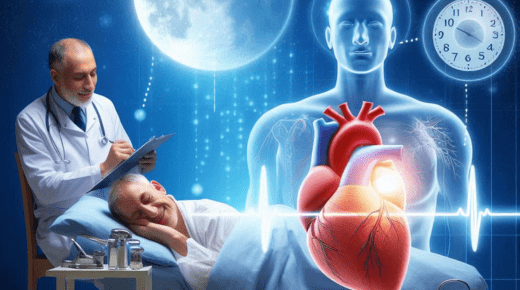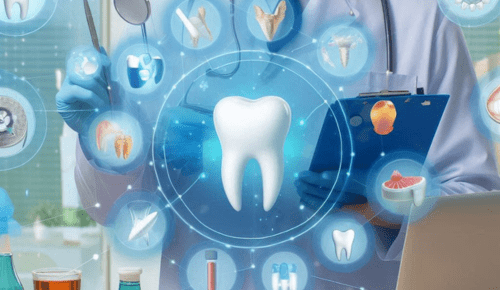Let’s talk heart health. A heart attack is a scary event. Understanding the role of a cardiologist during such an event can lessen that fear. Like a traffic cop at the busiest intersection in varicose veins NYC, a cardiologist helps guide treatment. They make sure everything flows smoothly. They ensure the best care during a crisis. Let’s dive deeper into this important role.
What a Cardiologist Does
A cardiologist is a heart expert. They use their expertise to diagnose and treat heart problems. They also help in preventing heart diseases. They are like the architects and builders of your heart’s health. They plan, build, and maintain your heart’s structure.
During a Heart Attack
When a heart attack occurs, the cardiologist’s role becomes crucial. They work like a fireman during a fire, extinguishing the problem quickly and safely. The speed and accuracy of their response can mean the difference between life and death.
Specific Responsibilities
So, what does a cardiologist do exactly during a heart attack? Here are three main tasks:
- Quick diagnosis: They determine if a heart attack is happening.
- Immediate treatment: They start the right treatment to restore blood flow.
- Long-term care plan: They devise a plan for recovery and prevention of future heart attacks.
Here’s a simple comparison table to visualize these tasks:
| TASK | DESCRIPTION |
| Quick diagnosis | Determine if a heart attack is happening |
| Immediate treatment | Start the right treatment to restore blood flow |
| Long-term care plan | Devise a plan for recovery and prevention of future heart attacks |
A cardiologist is a vital part of your healthcare team, especially if you have a heart condition. It’s much like having a seasoned captain navigate your ship through a storm. You can trust them to use their expertise to keep you safe.
Remember, your heart is in good hands with a cardiologist. They are the heroes that help keep your heart beating strong. Take the time to understand their role. It could save a life.




